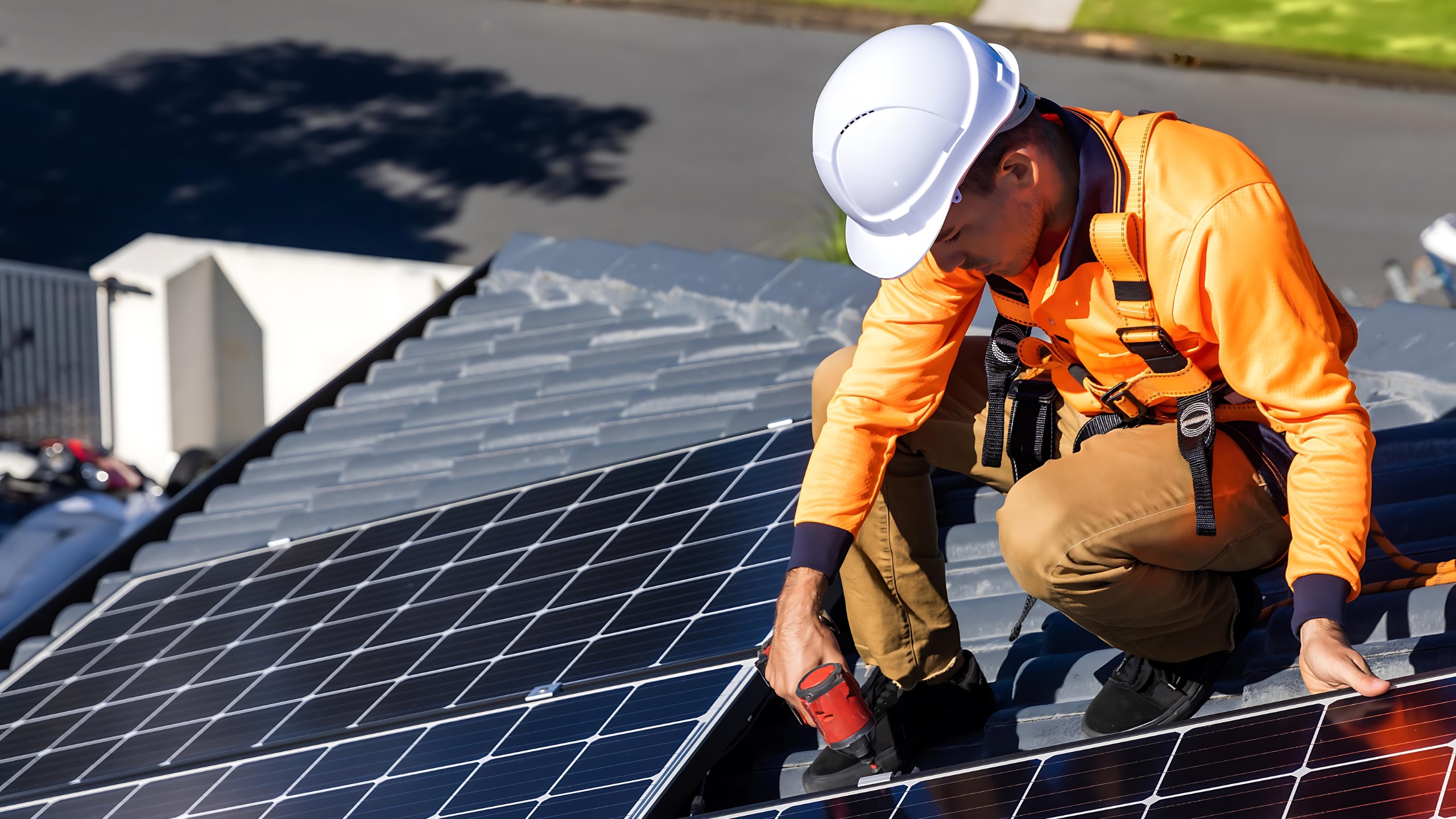
To fully reap the benefits of your solar panel system, it’s crucial to optimize its efficiency and performance. This guide provides practical tips and strategies to ensure you get the most out of your solar panels, from installation to maintenance and energy management.
1. Optimal Placement and Installation
Professional Installation
Ensuring that your solar panels are installed by a professional is vital for optimal performance. Experienced installers will position your panels to maximize sunlight exposure and ensure proper alignment and tilt. Incorrect installation can lead to reduced energy production and potential damage.
Ideal Location
The placement of solar panels significantly impacts their efficiency. Panels should be installed in a location with maximum sun exposure, typically on a south-facing roof. Avoid areas with shading from trees, buildings, or other obstructions, as even partial shading can decrease energy output.
2. Regular Maintenance and Cleaning
Routine Inspections
Regular inspections of your solar panel system are essential to maintain optimal performance. Schedule periodic check-ups to identify and address any issues such as dirt accumulation, damage, or wear. This proactive approach helps prevent potential problems and ensures continued efficiency.
Cleaning Panels
Solar panels should be cleaned periodically to remove dust, dirt, and debris that can obstruct sunlight. In most cases, rain will help keep panels clean, but in areas with high dust or pollen, manual cleaning may be necessary. Use a soft brush and mild detergent to avoid damaging the panels.
3. Monitoring System Performance
Real-Time Monitoring
Many solar panel systems come with monitoring capabilities that allow you to track their performance in real time. Use monitoring tools or apps to check energy production, identify potential issues, and optimize system settings. Regular monitoring helps ensure that your system operates at peak efficiency.
Performance Metrics
Track key performance metrics such as energy output, efficiency ratios, and system alerts. By analyzing these metrics, you can identify trends and make informed decisions about maintenance or adjustments needed to enhance performance.
4. Maximizing Energy Use
Energy Consumption Patterns
Understanding and optimizing your energy consumption patterns can help you make the most of your solar power. Shift energy-intensive tasks to daytime hours when solar production is at its peak. Using appliances and charging devices during daylight hours can maximize the use of solar-generated electricity.
Battery Storage
Consider investing in a battery storage system to store excess solar energy for use during non-sunny periods. Battery storage allows you to use solar power even when the sun isn’t shining, enhancing your energy independence and reducing reliance on the grid.
5. Upgrading System Components
Inverter Upgrades
The inverter is a crucial component of your solar system, converting the direct current (DC) generated by the panels into usable alternating current (AC). Upgrading to a high-efficiency inverter can improve overall system performance and energy output.
Panel Upgrades
If your panels are outdated or less efficient, consider upgrading to newer models with higher efficiency ratings. Technological advancements have led to more efficient and durable solar panels, which can provide better performance and energy output.
6. Leveraging Financial Incentives
Tax Credits and Rebates
Take advantage of available tax credits and rebates to offset the cost of system upgrades and maintenance. Government incentives can make investing in high-performance components or battery storage more affordable, enhancing the overall value of your solar panel system.
Energy Efficiency Programs
Explore energy efficiency programs offered by local utilities or government agencies. These programs may provide additional savings or incentives for optimizing your solar energy system, helping you maximize both financial and environmental benefits.
7. Addressing System Issues Promptly
Troubleshooting Common Problems
Address common issues such as reduced energy output, system alerts, or physical damage promptly. Early intervention can prevent minor problems from escalating into major issues, ensuring that your solar panels continue to operate efficiently.
Professional Repairs
For complex issues or significant repairs, seek the assistance of a qualified solar technician. Professional repairs ensure that your system is restored to optimal performance and helps maintain the longevity of your solar panels.
Conclusion
To ensure that your solar panels operate at their highest efficiency, focus on proper placement and installation, regular maintenance, and effective energy management. Monitoring performance, upgrading system components, and leveraging financial incentives can further enhance the benefits of your solar energy system. By implementing these strategies, you can maximize the efficiency and longevity of your solar panels, ensuring optimal performance and value over the long term.